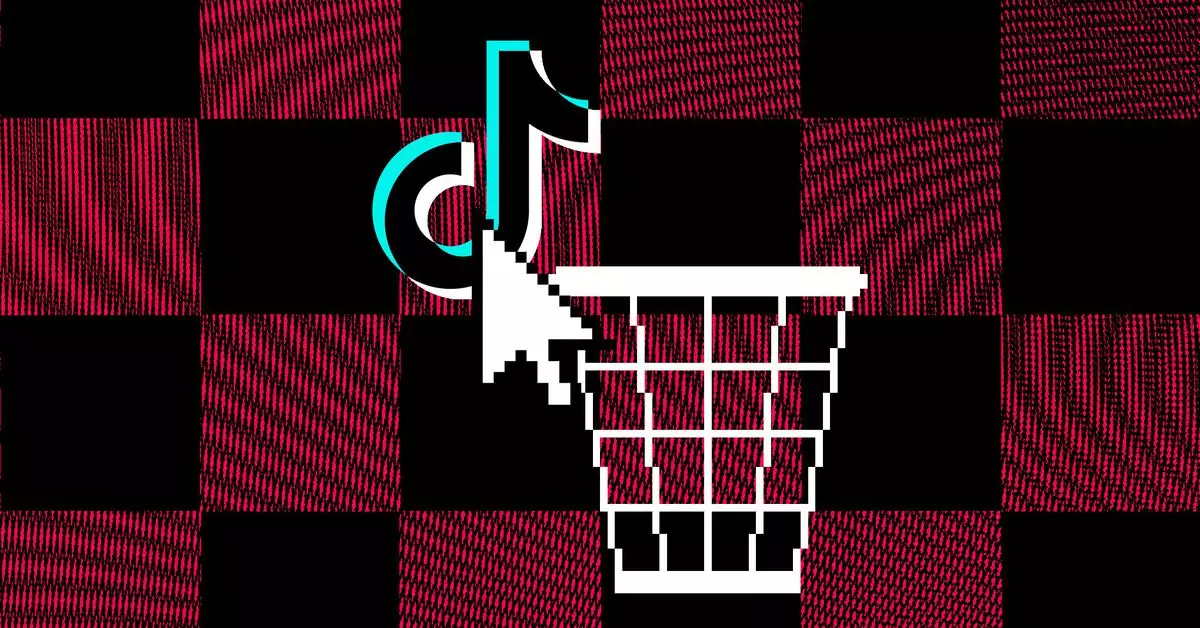In recent weeks, TikTok has found itself embroiled in a complex legal and political conundrum, as the outgoing Trump administration enforces a ban that has created significant unrest among the social media giant’s executives. The situation escalated when TikTok’s CEO, Shou Chew, indicated that the platform might go dark if the incoming Biden administration did not clarify whether tech giants like Apple and Google would face repercussions for continuing to offer the app. This ongoing saga highlights the intertwining of technology, law, and politics in today’s digital age, illustrating how corporate interests can be deeply affected by governmental decisions.
Press Secretary’s Response
Press Secretary Karine Jean-Pierre’s response to TikTok’s dire warning painted the platform’s threat as a dramatic ploy lacking substance. Jean-Pierre asserted, “It is a stunt, and we see no reason for TikTok or other companies to take actions in the next few days before the Trump Administration takes office on Monday.” Her statement underscores the transitional nature of political power in the United States. The clear implication is that TikTok’s actions may be premature as the situation is likely to significantly change with the new administration stepping in.
The forthcoming change of administration holds substantial implications for TikTok and other tech companies. With President Biden set to enter office, there is speculation about the new administration’s approach towards the app’s security concerns and potential implications for tech industry operations. Trump’s comments about a “90-day extension” seem aimed at placating both TikTok’s leadership and the millions of users who rely on its platform for social interaction and content creation. However, questions linger regarding whether such measures are feasible under current legal restrictions.
Despite the push from TikTok’s leadership and outspoken support from the former president, legal and corporate dilemmas remain paramount. Apple and Google now find themselves in a precarious position. They must weigh the potential backlash against their operations and consumers against the legal ramifications of continuing to provide an app that could be deemed unlawful by the existing edict. The uncertainty around enforcement — or lack thereof — leaves these companies in limbo, balancing market demands and legal compliance.
The standoff between TikTok and the U.S. government epitomizes the complex relationship between social media companies and legislative powers. As political shifts occur, the impact of these tensions will reverberate throughout the tech landscape, affecting not just TikTok, but possibly setting a precedent for future engagements between social platforms and government regulations. As the situation continues to evolve, the need for clarity and decisive action from the new administration is critical. The trend of the ongoing debate not only serves as a battleground for TikTok’s existence in America but also as a litmus test for how digital platforms will interact with governmental oversight moving forward.

